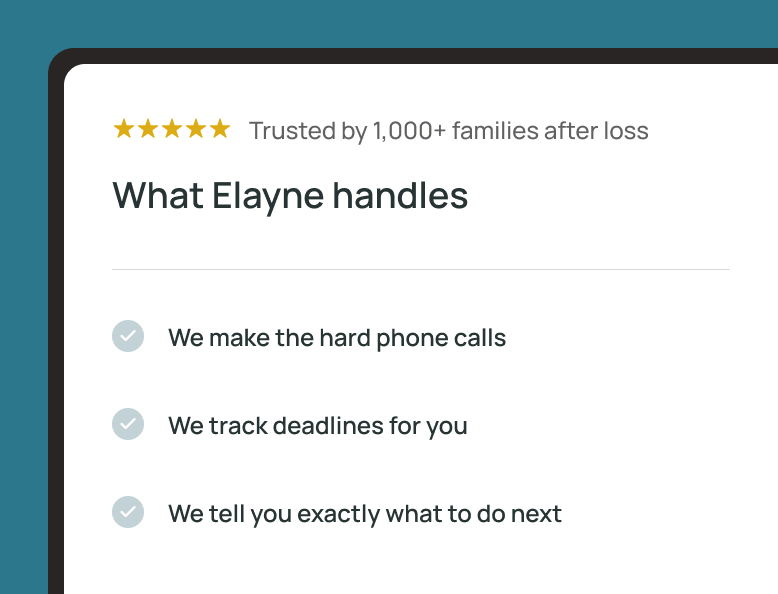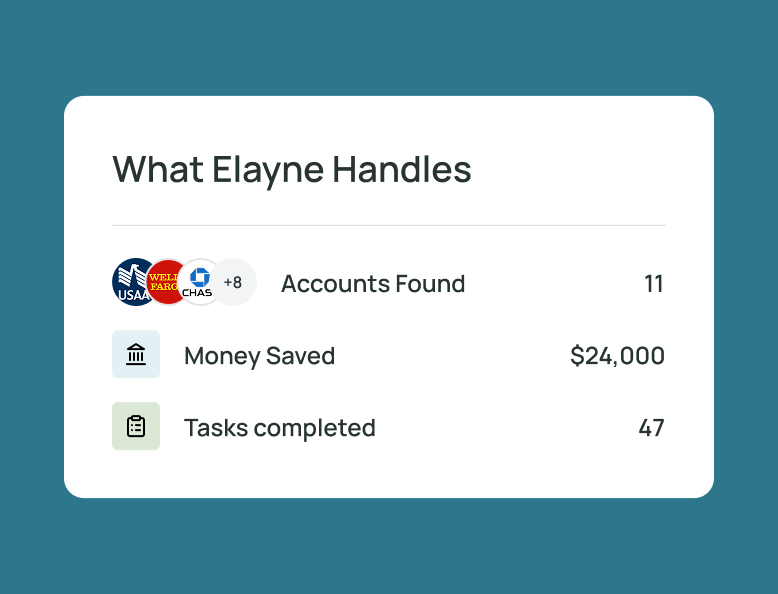Today's competitive business landscape has shifted how companies secure and retain talent within their organizations. Offering comprehensive benefits packages is crucial for employee retention and overall workplace satisfaction. Two core benefit packages are available to employees: traditional benefits and discretionary benefits, which offer a higher level of flexibility and personalization.
This article uncovers everything you'll need to implement discretionary benefits in the workplace. You'll discover common discretionary benefits and how they influence employee well-being. This guide addresses the best practices for implementing them within the organization and how to address common challenges and considerations that come with them.
{{blog-cta-admin}}
Understanding Discretionary Benefits
Definition and Overview
A discretionary benefit is a multitude of benefits an employer may offer staff beyond what is legally required. These discretionary benefits will contribute to staff's health, well-being, and financial security. Employers commonly offer these benefits to motivate, retain, and attract new employees.
The Difference Between Discretionary and Legally Required Benefits
Legally required benefits include any benefits an employer must provide their employees, according to the law. These benefits include Medicare, Unemployment Insurance, Social Security, and Worker's Compensation. All legally required benefits are governed and protected by state and federal laws, with non-compliance resulting in steep fines or penalties.
Discretionary benefits are not mandated by law but may become subject to specific regulations, including the Employee Retirement Income Security Act (ERISA) for retirement plans.
Importance of Offering Discretionary Benefits
An employer offering discretionary benefits plays a fundamental role within the modern workforce. These benefits enhance the company's attractiveness to potential employees while significantly contributing to employee loyalty, productivity, and satisfaction.
In a competitive job market, employees want to feel like their role within the company matters more than just the work they produce. A comprehensive benefits package helps an organization to be more attractive to potential employees as they work to attract talent.
Retaining talent also comes at a steep cost, with turnover rates costing companies 1.5 to 2 times an employee's salary overall. Such steep financial implications underscore the value of discretionary benefits in keeping talent within the company. By fostering a positive relationship, a company can reduce the turnover rate, saving the costs associated with losing and replacing staff.
Common Types of Discretionary Benefits
Paid Time Off and Flexible Work Arrangements
These benefits allow employees to take paid time off, which can significantly improve job satisfaction and work-life balance. Furthermore, as the demand for remote work continues to climb, many employers offer a work-from-home or hybrid schedule.
Wellness Programs and Gym Memberships
Employers offer benefits like gym memberships, wellness stipends, and health classes to encourage a healthy lifestyle among employees. Various wellness programs may include a strong mental and emotional support network. This network may include stress management courses, therapy sessions, and wellness apps.
Educational Assistance and Professional Development
An employer may reimburse tuition for courses related to employee roles or future career advancement. Some organizations may assist with student loan repayments, making these benefits particularly attractive to employees wanting to further their education, grow within the company, or manage educational debts.
In-house training, conferences, workshops, and access to professional certifications are other examples of educational assistance. These professional opportunities enable employees to stay competitive in their fields and can lead to higher job satisfaction and internal career advancement.
Family Planning and End-of-Life Benefits
An employer may offer financial assistance to employees wanting to grow their families. These benefits may include adoption assistance, reproductive health benefits, surrogacy planning, or additional parenting services. Employers seeking comprehensive coverage can include bereavement benefits and legacy planning within their discretionary benefits. These services include end-of-life planning like Elyane or financial assistance with funeral costs, which can complement A Comprehensive Guide to Bereavement Leave for employees navigating loss..
The Role of Discretionary Benefits in Employee Well-being
Supporting Employee Mental Health
Discretionary benefits focusing on mental health can significantly enhance employee productivity and retention within the workplace. Creating a supportive workplace culture around mental health is also imperative. Management should receive regular, ongoing training to recognize and address mental health issues, reduce stigma, and foster a culture of openness and support. This training can empower managers to provide appropriate accommodations and support to employees, promoting overall well-being and a more inclusive workplace environment.
Financial Wellness Programs
Implementing financial wellness programs can help employees better manage their finances, reduce stress, and improve focus at work, similar to insights shared in Designing Employee Wellness Programs That Actually Make a Difference. These programs often include personal financial coaching, online education, and tools for budgeting and managing debt. These resources help employees feel more financially secure, and enhance their overall job performance and satisfaction.
Employee Assistance Programs (EAPs)
EAPs offer confidential care and support for a variety of challenges, including mental health issues, financial problems, and personal crises. These programs are easily accessible, often including options like telemedicine and mobile applications to ensure employees can get help whenever needed.
Bereavement Benefit and Estate Planning
Current studies show that 50 workdays are lost by bereaved employees, with 13% of staff resigning within a year of their loved one's death. Bereavement planning services like Elayne work to reduce the burden of administrative tasks following a death. These discretionary benefits work with employees to plan and record final wishes, including insurance information, digital estate planning, legal documents, and end-of-life wishes.
Challenges and Considerations
Balancing Costs with Benefits
Companies can expect administrative costs for managing benefits, which can escalate quickly for larger packages. Despite the potential for benefits to attract and retain talent, there is always a risk involved in offering a benefits package that results in lower employee paychecks. While some employees may accept a lower salary in exchange for better benefits, this strategy can be risky, especially if the wage offered is significantly below market rates.
Administrative Complexity
The administration of discretionary benefits can be complex and time-consuming, requiring HR resources. HR teams need to manage benefits across multiple vendors and platforms, frequently leading to stress among HR professionals. Frequent administrative struggles include:
- Communicating plan information
- Implementing new plans or programs
- Maintaining legal and regulatory compliance
- Controlling benefits-related costs
- Evaluating plan effectiveness.
{{blog-cta-admin}}
Conclusion
Discretionary benefits hold significant benefits within the modern workplace, emerging as perks and strategic tools for companies wanting to appeal to and support their employees. Offering a diverse array of benefits tailored to meet the needs of their workplace can help employers effectively attract, retain, and motivate dynamic and talented teams. These benefits enhance employee satisfaction and loyalty while highly positioning the organization in a competitive market.













































